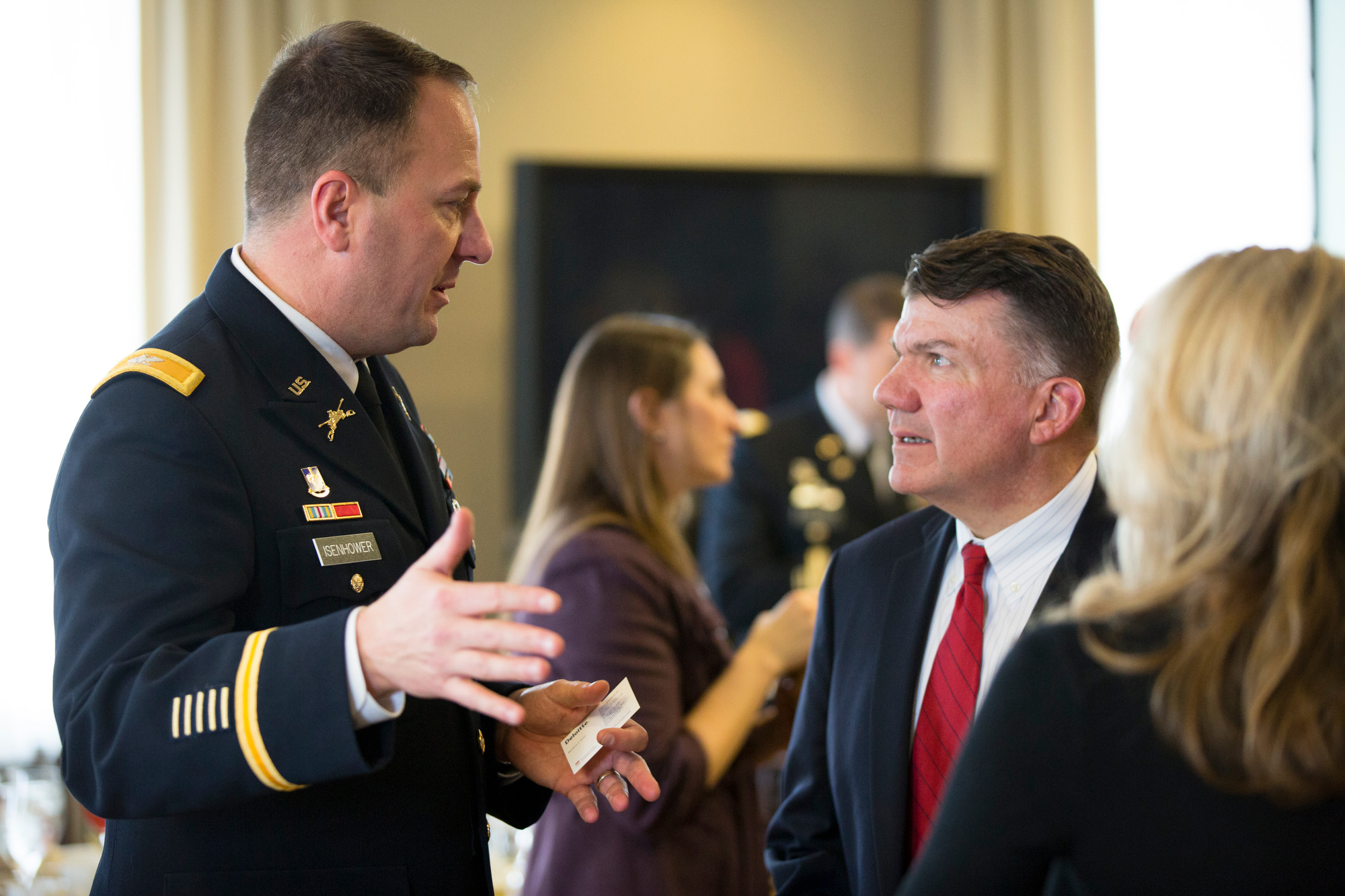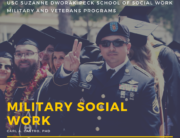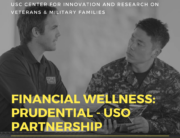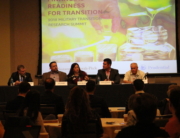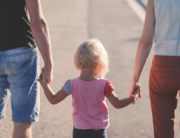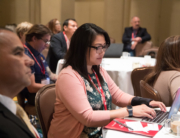by Claudia Bustamante
Every year, 250,000 veterans are transitioning from military to civilian life.
Though there is wide community support for them, a system of more than 40,000 nonprofit organizations, along with federal and state agencies, can be difficult for veterans to navigate for services.
During a Washington, D.C., meeting last week with more than 100 top leaders from government, military, business, philanthropy and social sectors, the Center for Innovation and Research on Veterans & Military Families at the USC School of Social Work shared an innovative, data-driven approach that has proved successful in harnessing the goodwill of local agencies.
“Los Angeles needed a mechanism to bring together its diverse resources, identify new opportunities to cooperate across public and private sectors, and develop approaches to provide care and support to our veterans,” said Anthony Hassan, center director and clinical professor. “We have a successful model that we hope other communities and cities can replicate to help their veterans as they come home.”
The Los Angeles Veterans Collaborative, convened by the center, is a network of more than 400 organizations and stakeholders that meets monthly to discuss some of the most pressing issues facing the local military population. It develops systems and programs to bridge gaps in services across a number of areas, like health and behavioral health, homelessness, career advancement, families, higher education, legal and faith-based measures.
Over the years, this comprehensive approach has helped break down silos and reduce duplication of efforts that can occur with so many service providers. Further progress is now possible with concrete data about the needs of Los Angeles’ veteran population. Last year, the USC center conducted the first comprehensive study of a local veteran population, the results from which are guiding new collaborative strategies.
Speaking at last week’s event, Rep. Lucille Roybal-Allard said the USC study was critical not only because it provided a snapshot of Los Angeles County, home to the greatest number of veterans, but also for its emphasis that veteran needs vary across the country.
“The study makes clear that our veterans have no single greatest need—challenges vary across communities and populations,” Roybal-Allard said. “Whatever is most pressing in an individual community, identifying and solving these issues will be impossible without reliable data like that compiled for the Los Angeles County Veterans Study.”
The data is an important component of what makes the collaborative such a successful model for action and impact.
For example, the report found significant barriers to care, including that more than half of post-9/11 veterans did not know where to get help. As a response, the collaborative, along with 211 LA County, developed a portal that will allow veterans to search for and access needed services on their own or with the help of a personal navigator.
The report also found that five in 10 veterans report a significant mental or physical health issue for which they are not receiving care. Now, the collaborative is pursuing a billboard campaign to destigmatize help-seeking behavior.
During the Washington, D.C., event, which was a partnership between the USC center and Deloitte, individuals provided insights into the challenges and opportunities facing veterans, including Col. James Isenhower, III, and Sgt. Maj. Bryan Battaglia, both with the Office of the Chairman of the Joint Chiefs of Staff.
Philip Brozenick, a principal at Deloitte, said he was proud of the collaboration and the holistic approach that is guided by local research.
“Our work continues as we seek to expand this powerful model to other communities.”


